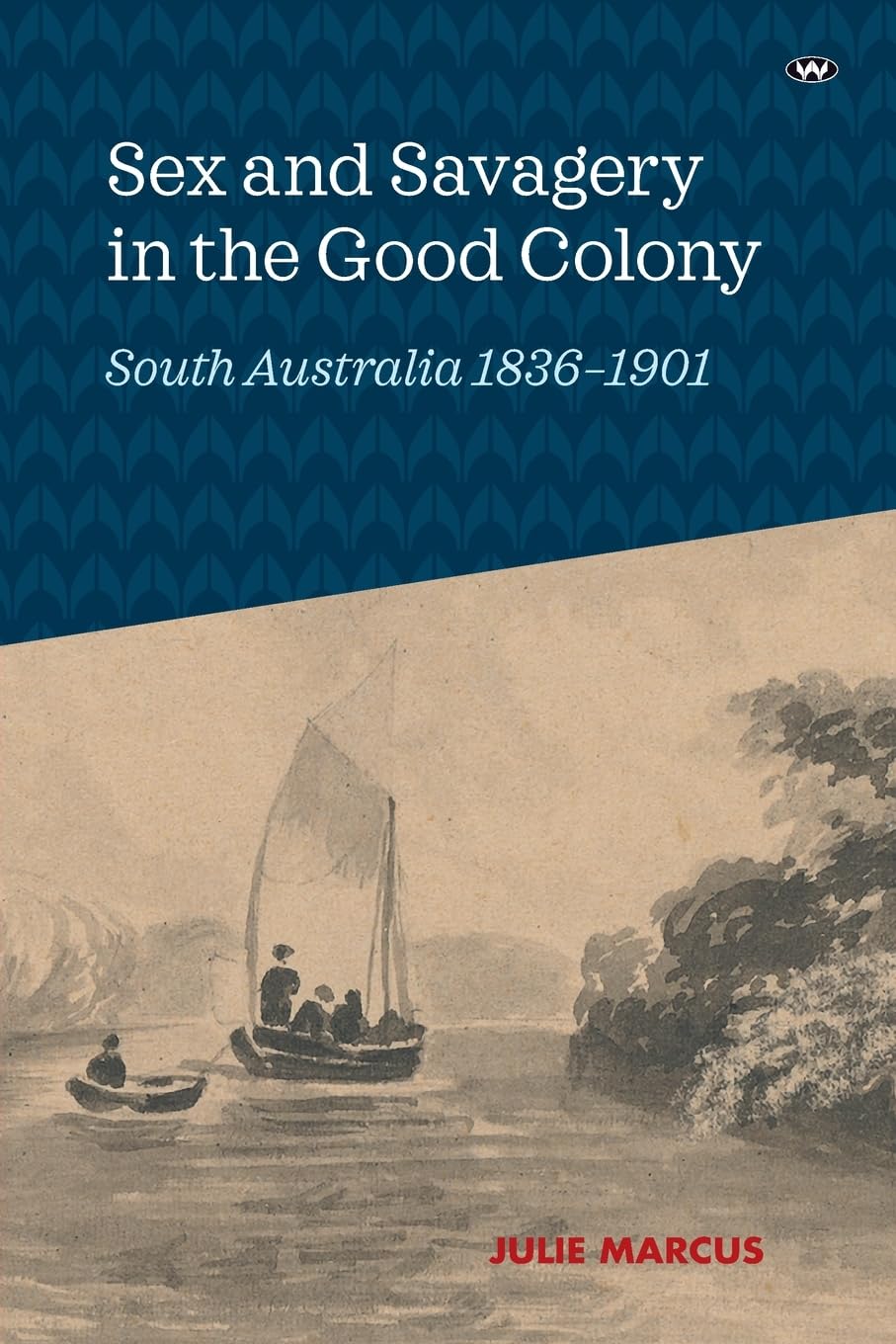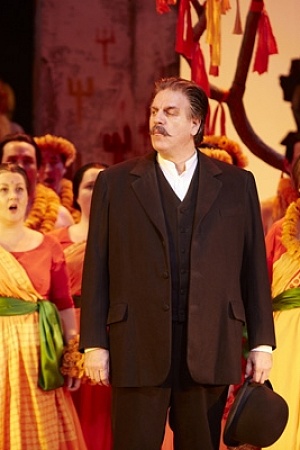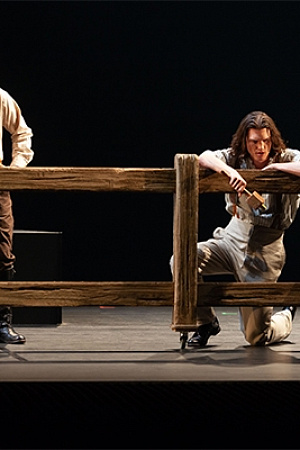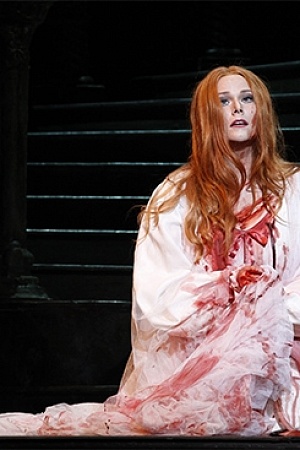Otello (Royal Opera House) ★★★
When the world’s most famous tenor tackles one of the most famously challenging of all tenor roles, the scene ought to be set for an evening of tension and drama. Only some of that tension and drama, however, actually came from the stage of the Royal Opera House, Covent Garden when Jonas Kaufmann made his début in the title role of Verdi’s penultimate opera. There was just as much tension and drama as his fans, not to mention those who had paid top whack for the hottest ticket of the season, battled it out at the box office only to spend agonising months waiting to see whether he would turn up. Against wide expectations, the German tenor – who took several months off from singing last winter to deal with an injury to his vocal cords, and even after recovery remained prone to cancellation – was correct and present on the first night.
Continue reading for only $10 per month. Subscribe and gain full access to Australian Book Review. Already a subscriber? Sign in. If you need assistance, feel free to contact us.











Leave a comment
If you are an ABR subscriber, you will need to sign in to post a comment.
If you have forgotten your sign in details, or if you receive an error message when trying to submit your comment, please email your comment (and the name of the article to which it relates) to ABR Comments. We will review your comment and, subject to approval, we will post it under your name.
Please note that all comments must be approved by ABR and comply with our Terms & Conditions.